The Diorama
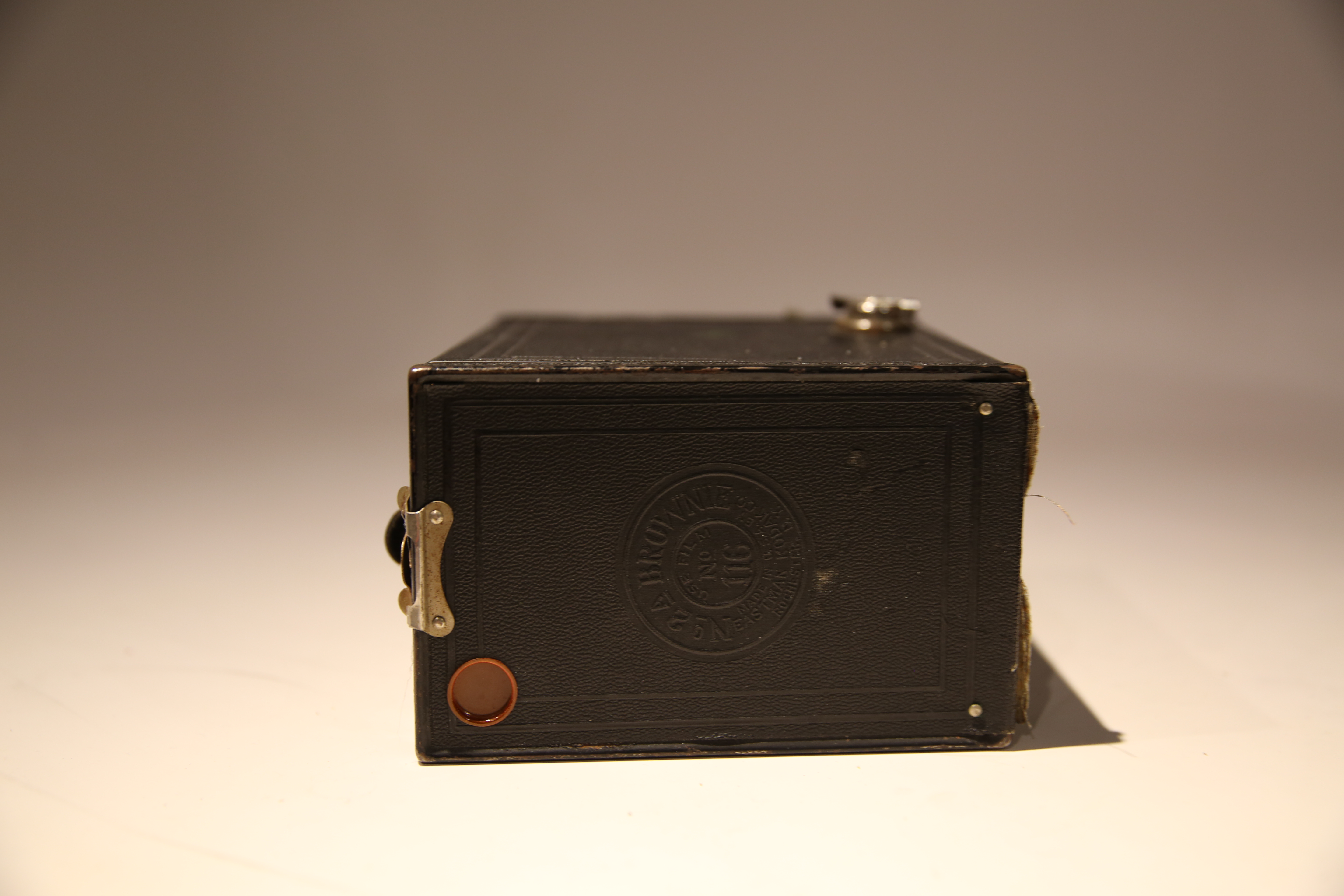
We all compartmentalize memories good and bad, and store them in the catacombs of our brains, in boxes, in photos, and tchotchkes, rediscovering them years later in boxes and under dust. Time goes on and memories become mere flashes of imagery in the brain, blending the memory of dreams and reality. The only way to verify the reality of true memories is through the memories themselves in their various forms.
In 2006 I moved to Innoshima, Japan, a small island in Hiroshima Prefecture, nestled in the middle of the Seto Inland Sea. I left the island 8 years ago, struggled with my relationship and identity with Japan since. It took me a while to release myself from Japan’s grasp and after spending several years distancing myself, lately these memories have been haunting me through dreams and inspiration, and I find myself once again being led back to Japan’s embrace.
Enter the Innoshima-rama, a 360 tour of memories patched together from the the Island of Innoshima. The patches are a blur of real experiences and memories blurred by the passing of time.
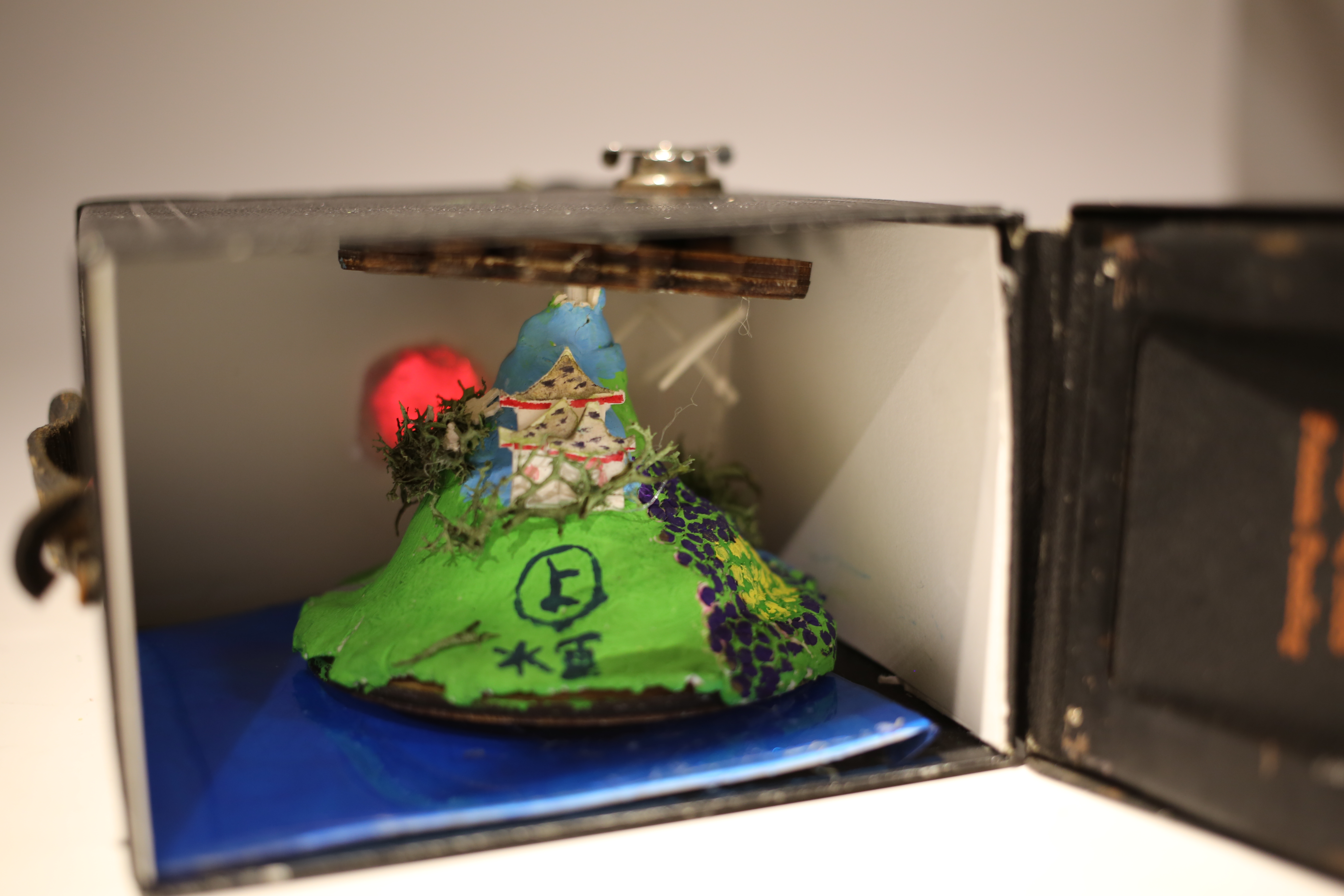 The Pirate Castle is an iconic symbol of Innoshima sitting atop a mountain in the center of the island. It is an historical site that houses a museum about the Murakami Navy Pirates, who were recently named as part of the Japanese Heritage. While living in Innoshima, this place became a frequented spot for festivals, exploration and entertaining visitors.
The Pirate Castle is an iconic symbol of Innoshima sitting atop a mountain in the center of the island. It is an historical site that houses a museum about the Murakami Navy Pirates, who were recently named as part of the Japanese Heritage. While living in Innoshima, this place became a frequented spot for festivals, exploration and entertaining visitors.
Innoshima Flower Center (因島フラワーセンター)
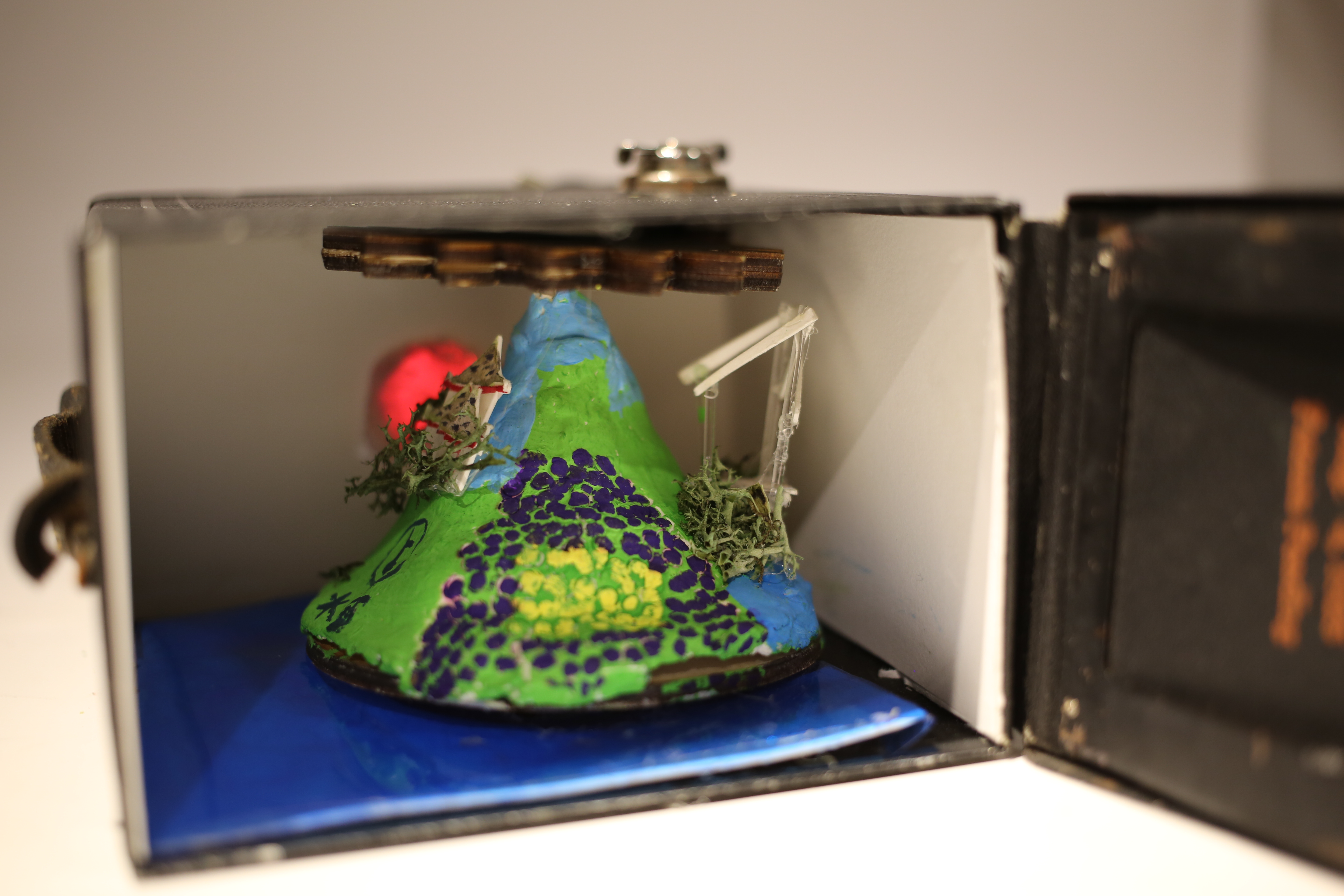
The Flower Center is a tourist spot on the island popularized in many tourist pamphlets and guides. Although I never went to this location, I saw it so much in propaganda, it’s as though I went. It’s non-memory is etched in my head as memory.
Innoshima Bridge (因島大橋)
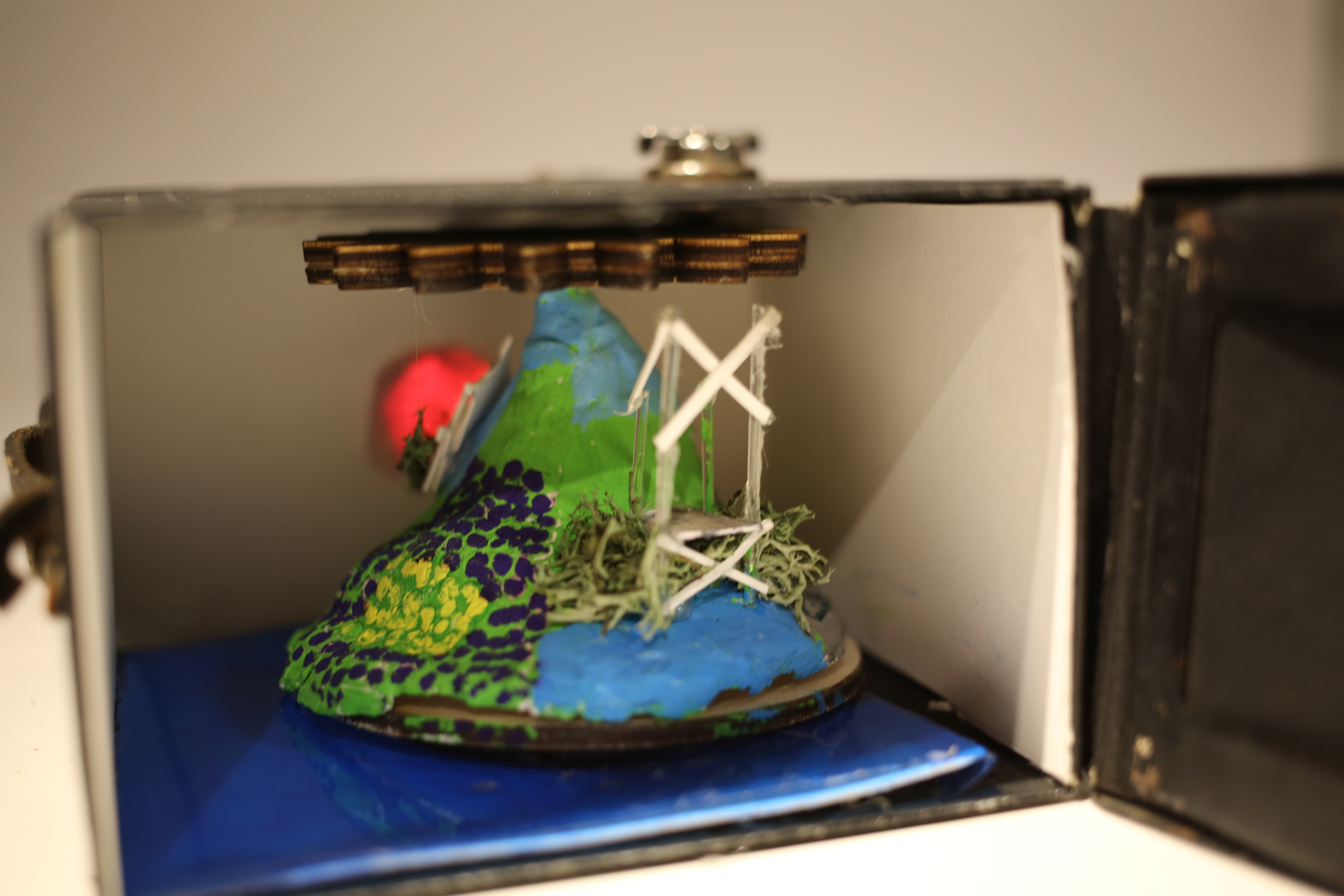
The Innoshima Bridge is part of the Shimanami Kaido (しまなみ海道), a long series of bridges crossing the Seto Inland Sea, that connects the main island of Honshu to another main island, Shikoku. It is a sign of escape from both the mainland and the countryside, nestled in the mountains of the town of Ohama, where I lived.
Cement Hills
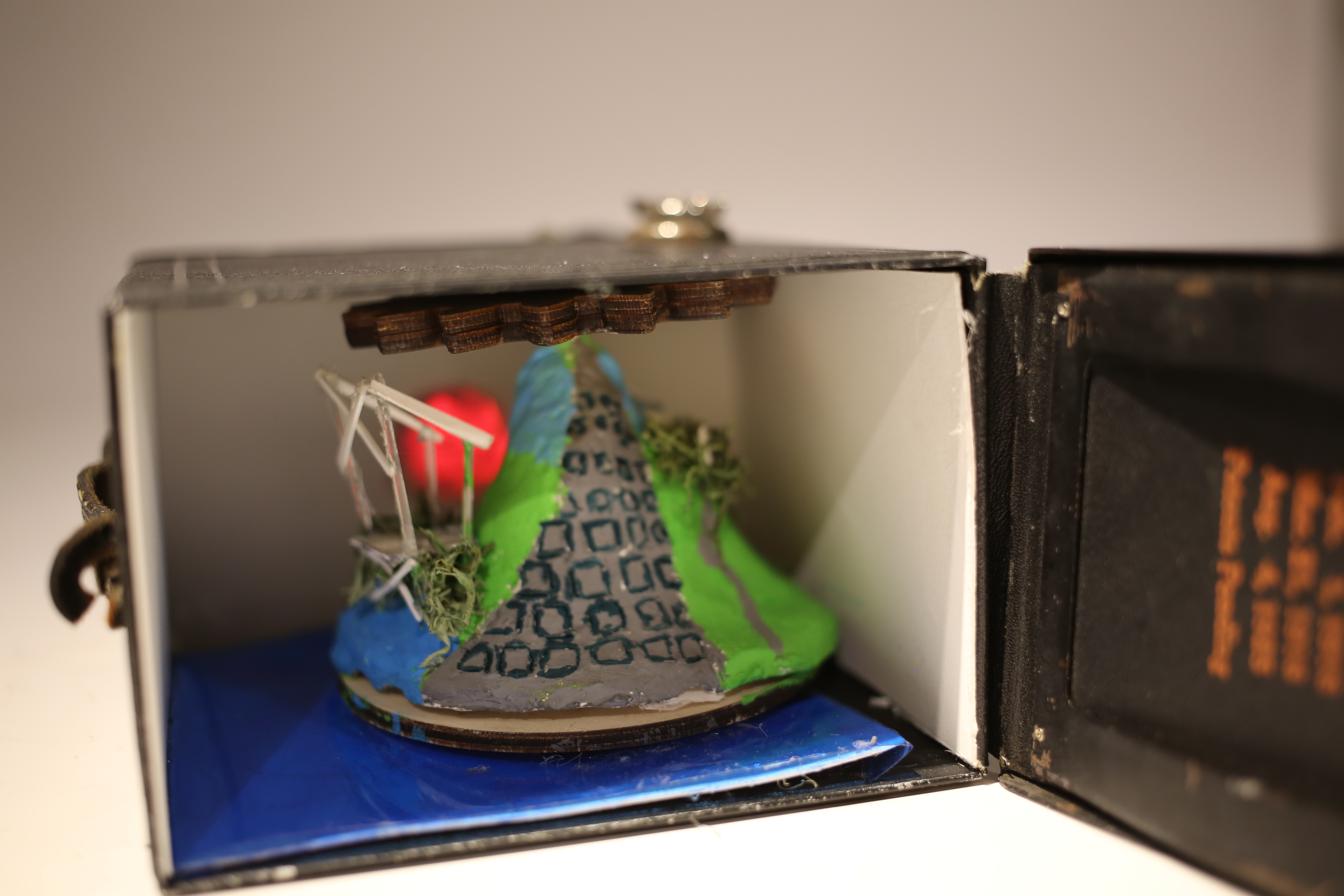
For decades Japan has been covering its hills with cement, destroying the natural beauty of the landscape. Author Alex Kerr talks a lot about the modernization of Japan and the how and why behind this cement layer across the horizon in his book Dogs & Demons: The Fall of Modern Japan, a book that has played an inspirational role in my life both then and now.
Mt. Shirataki is an elevated escape, just a drive and a hike up a mountain. that features 700 Buddha statues. It offers beautiful views of other islands and sea and of Innoshima. I miss it. I miss the peace. The time. The experience.
Diorama Construction
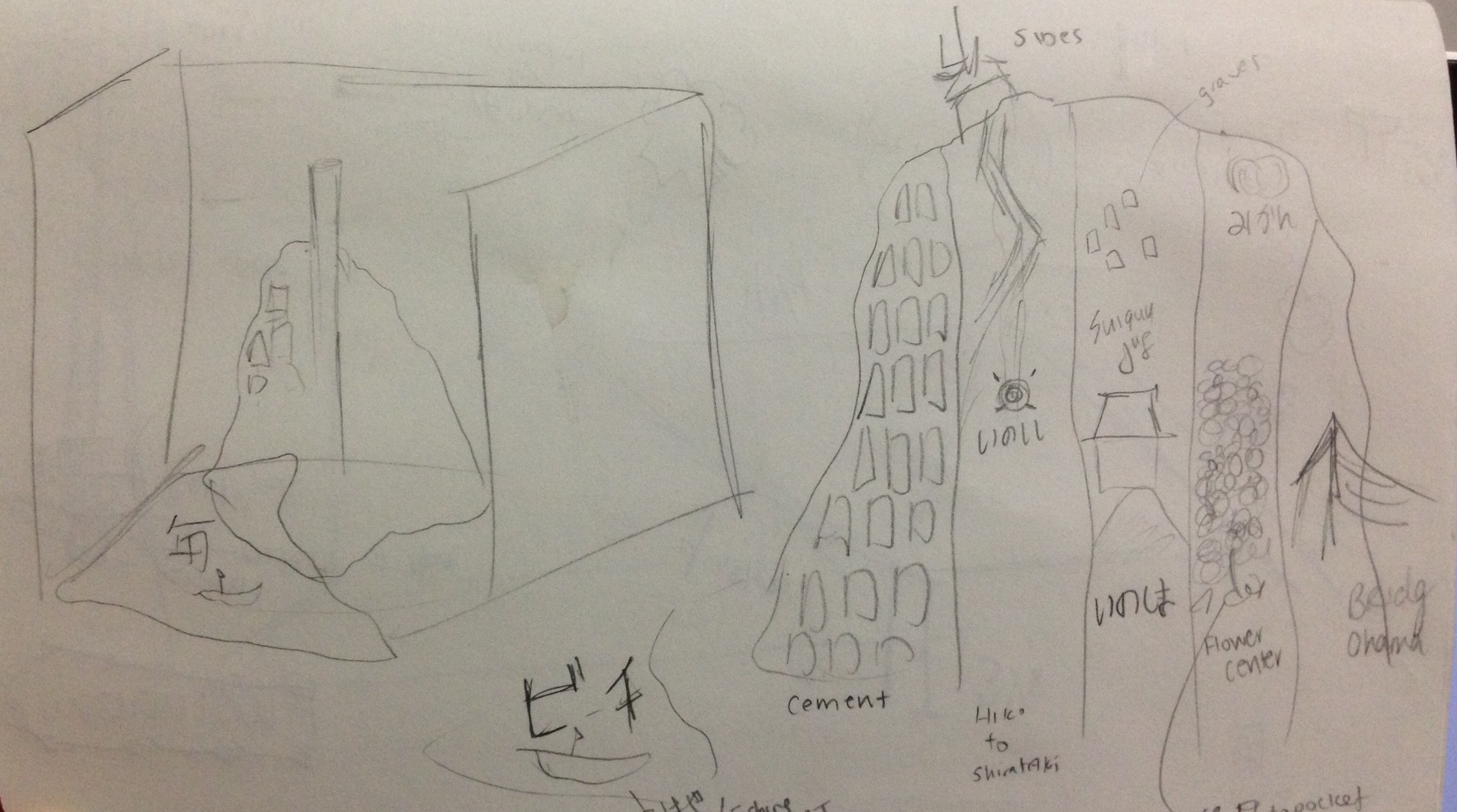
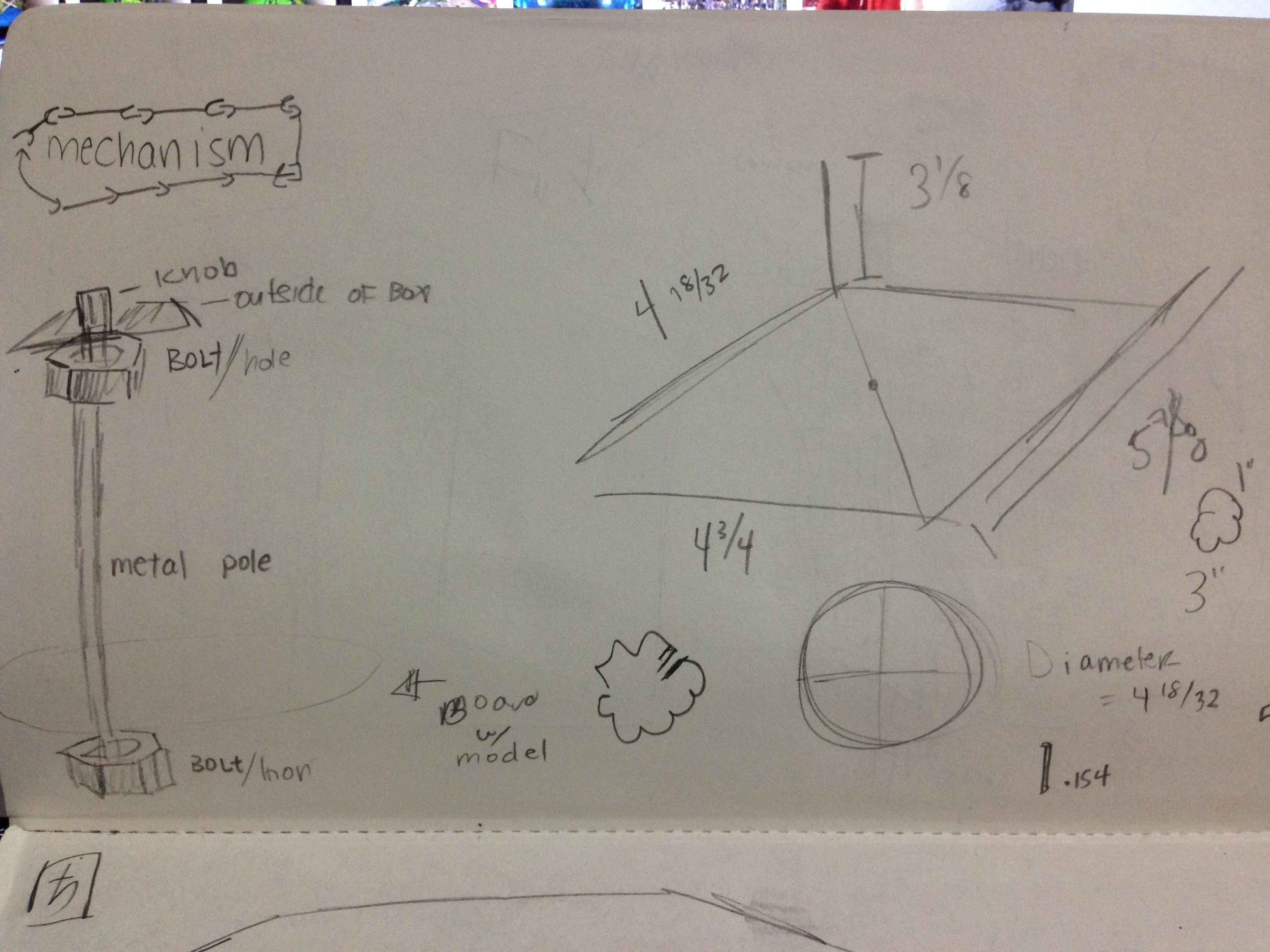
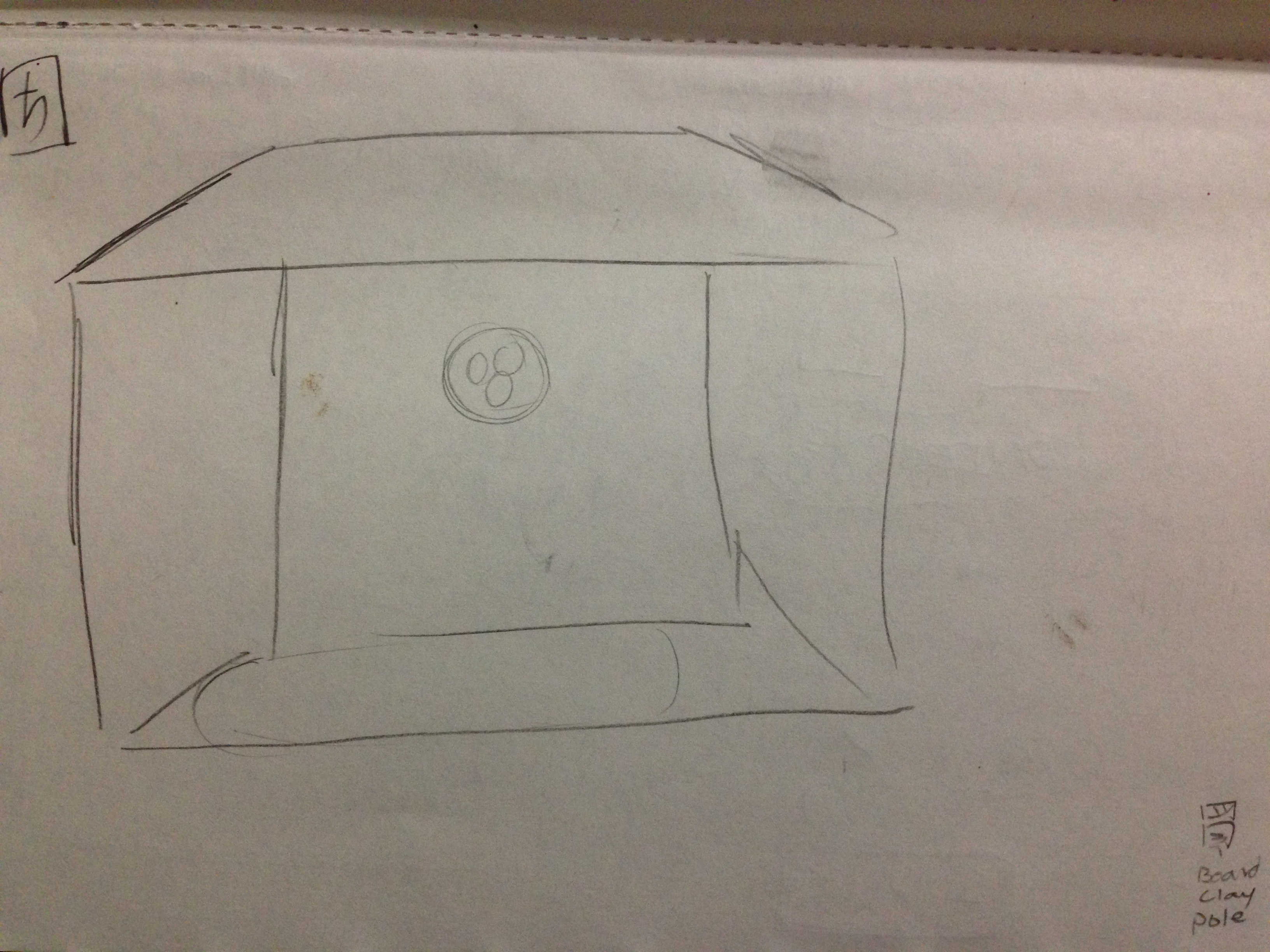
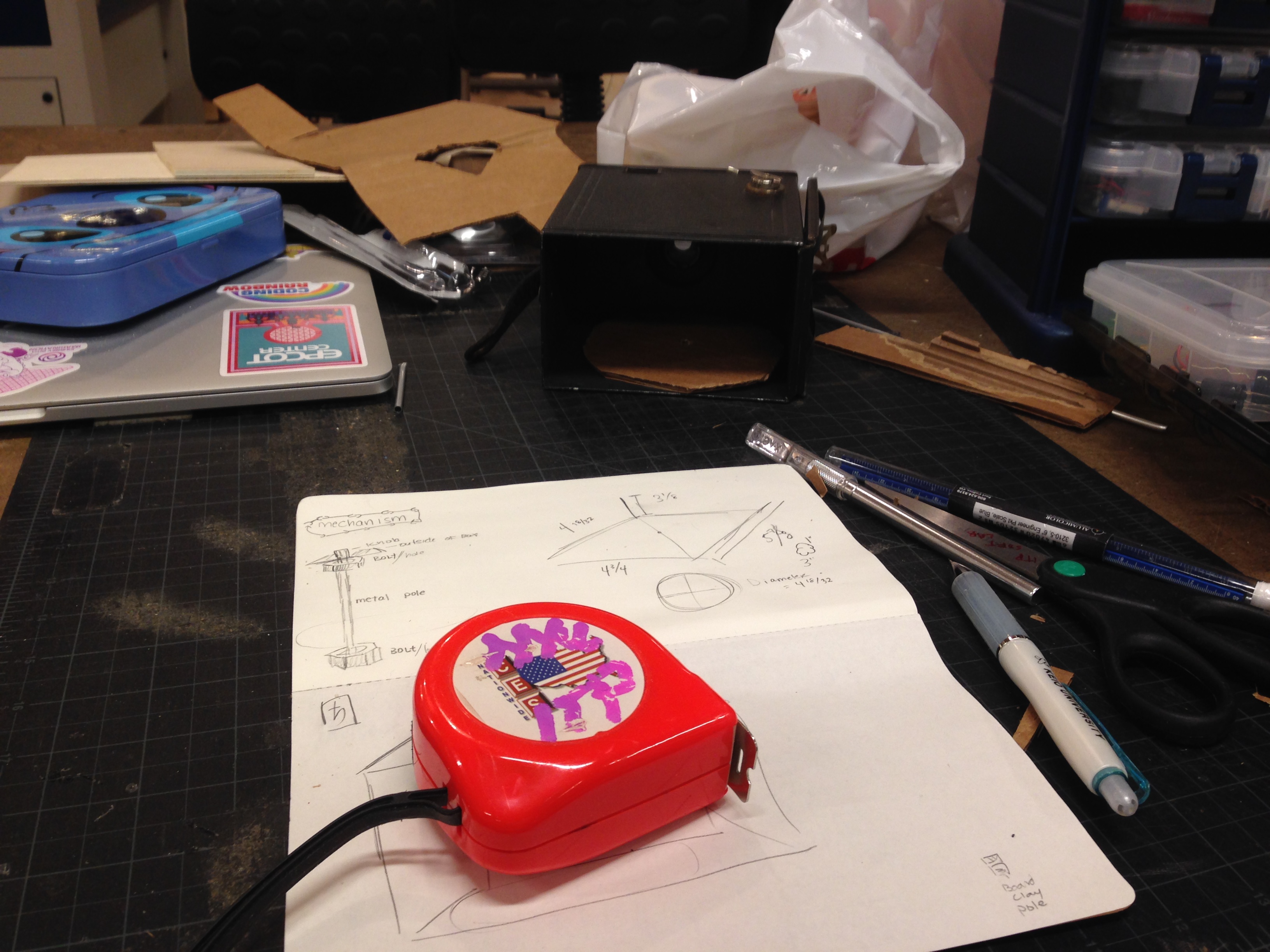
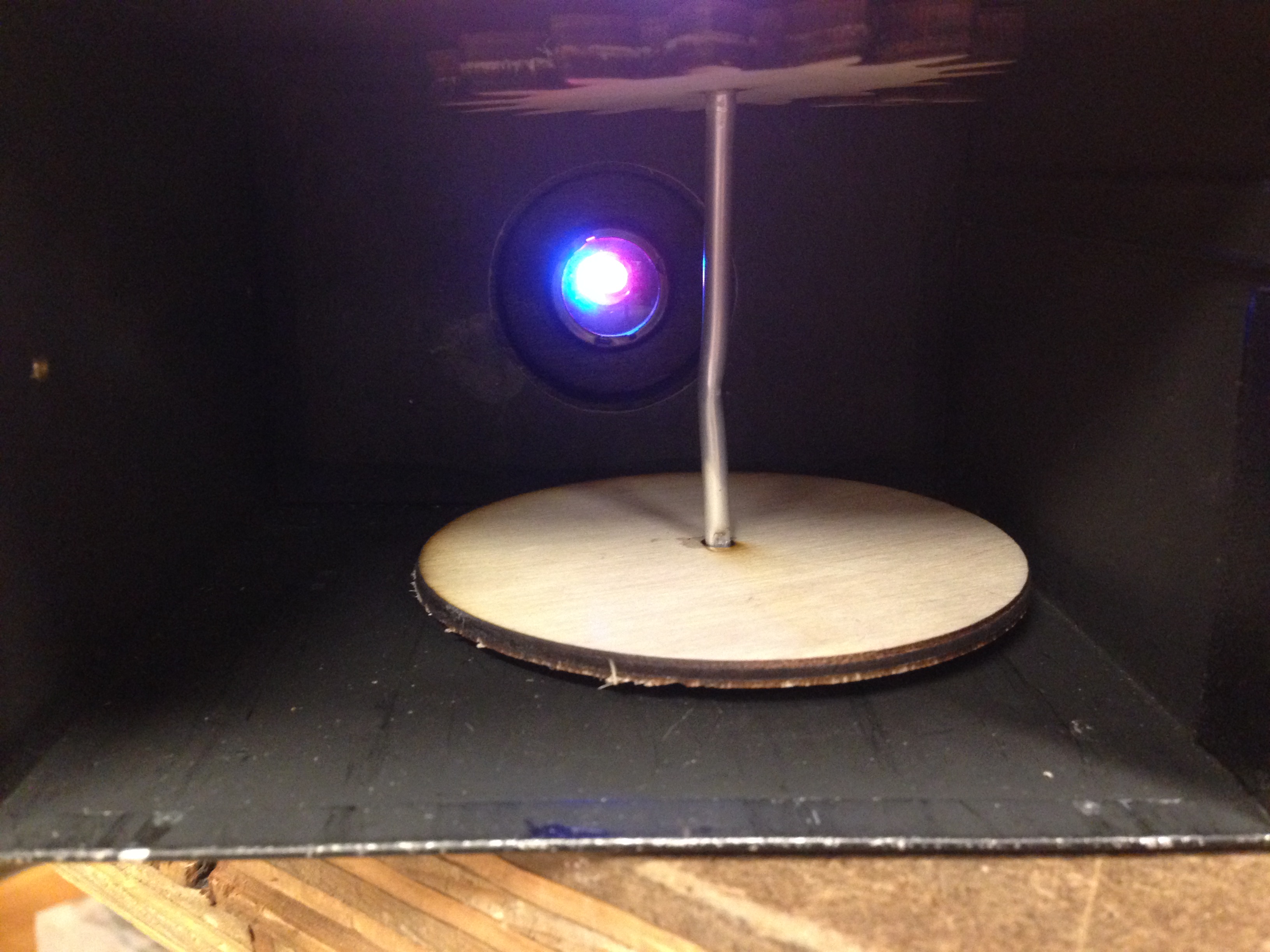
Mechanism built into the architecture of the camera.
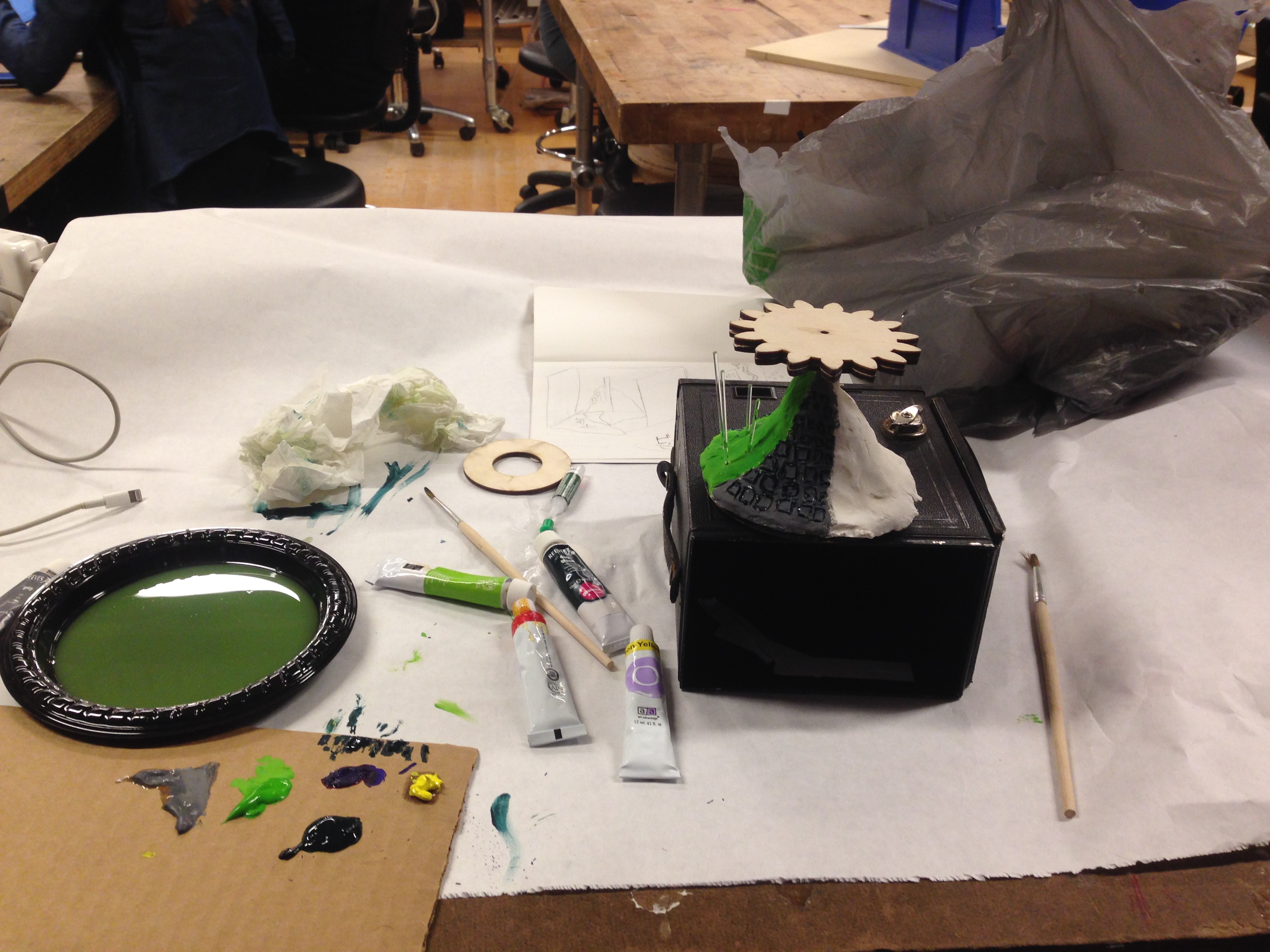
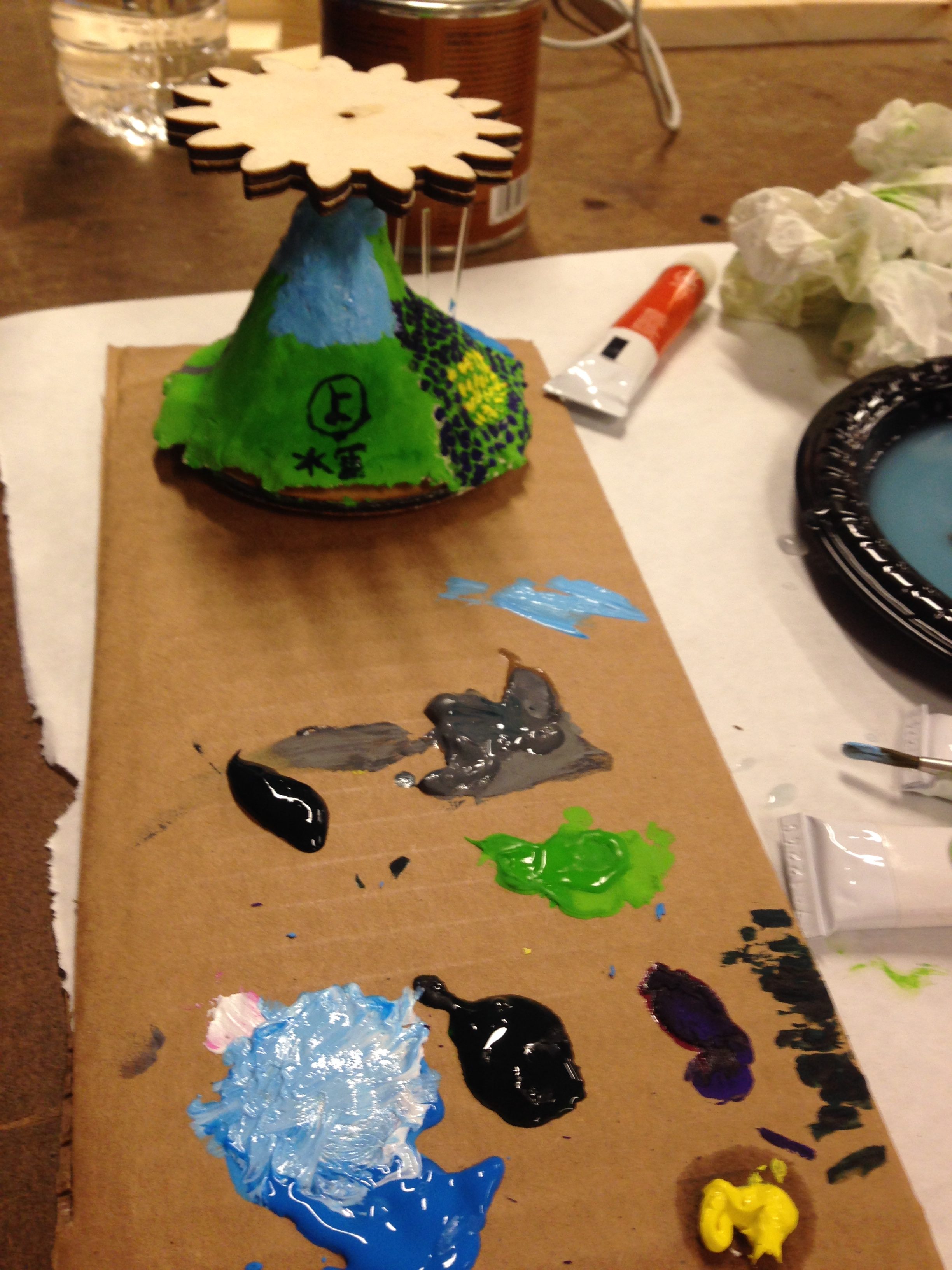
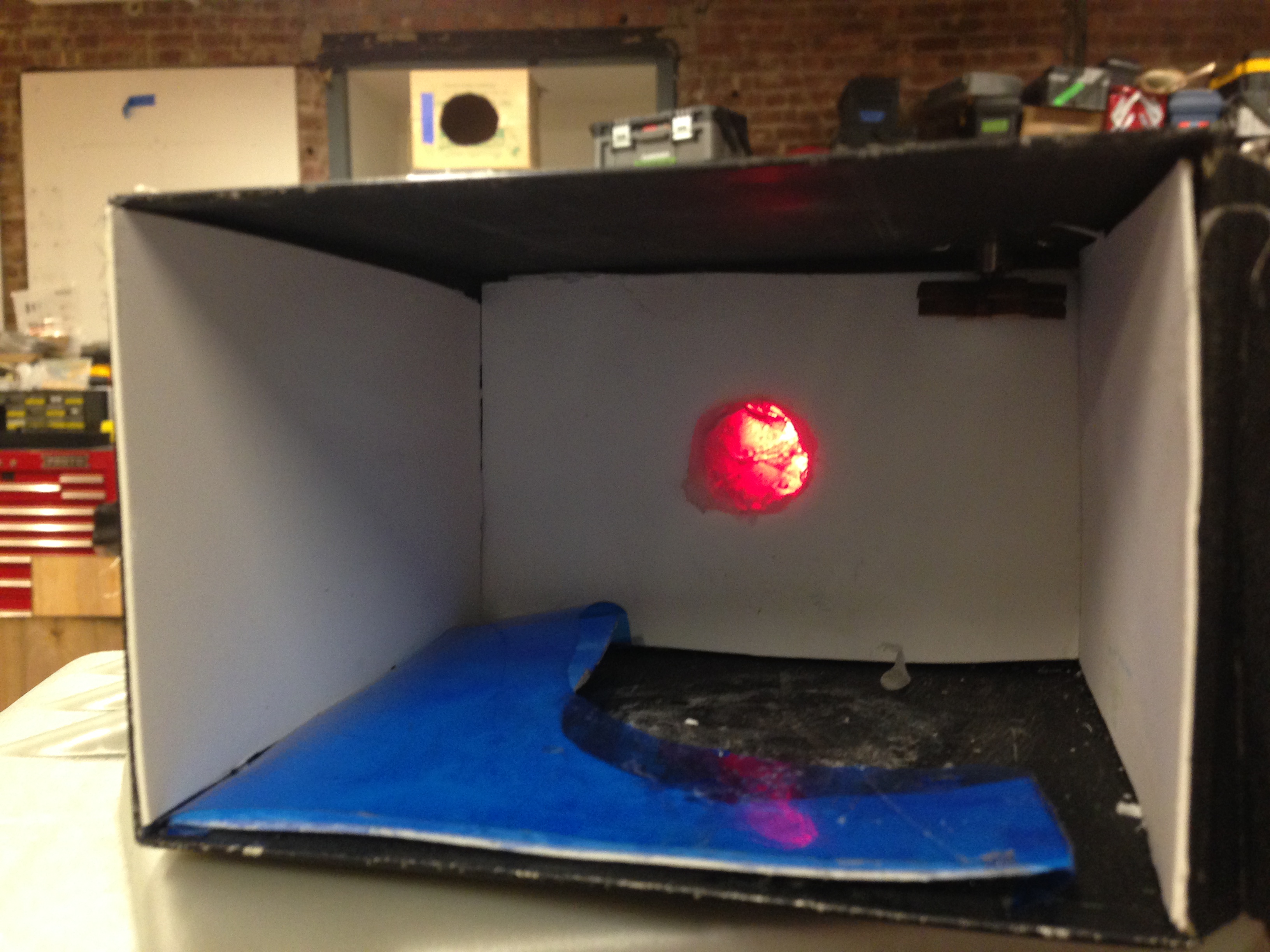
Japanese Flag built into the camera frame as the sun.

Leave a Reply